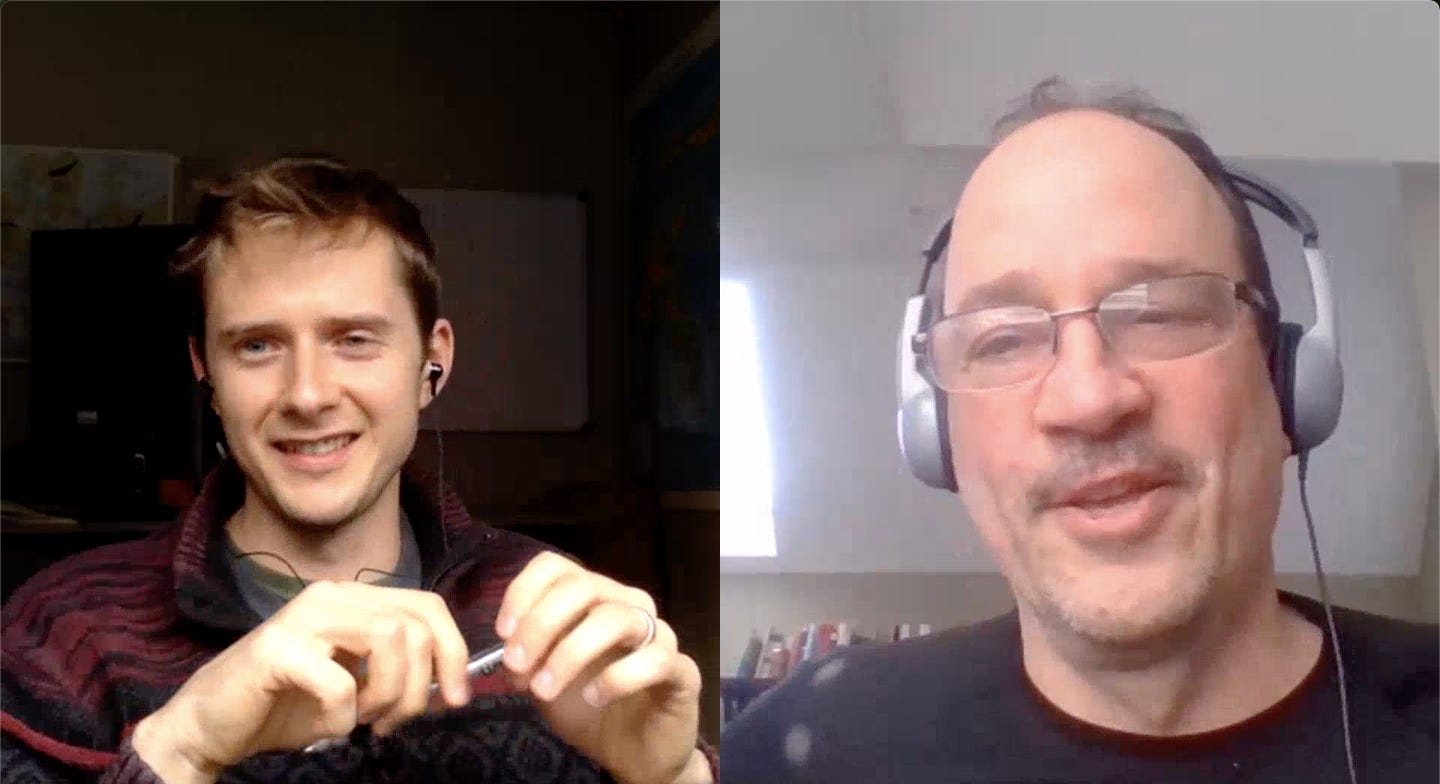Hi Green Rockers. This is Ian Morse and we’re trying out something a bit more auditory this week. I spoke with Chris Pollon, the author of the new book Pitfall: The Race to Mine the World’s Most Vulnerable Places. It’s about the histories and futures of mining around the world in the context of climate crisis and spread of renewable energy technologies. Most of you will likely know that this sounds like a niche beat, but it touches on a topics across science, business, urbanism, finance and justice. We’ve both covered this beat for a while, and we haven’t yet found an end to the flurry of questions. I’m sending out our conversation in the form of Green Rocks’ first podcast because sometimes it’s an easier way to tackle these unknowns.
Pitfall also seems to be the first book that cites a Green Rocks article, and it’s one that has proven to be one of the most controversial. In it, I write about research conducted from the Institute for Sustainable Futures at the University of Technology Sydney and sponsored by Earthworks, an advocacy nonprofit. It was one of the first reports to put figures to the power that recycling could have on reducing the need for building new mines. Payal Sampat, Earthworks mining program director, said “This research proves that we don’t need to dig new holes in the ground to power the clean energy transition.” Pitfall concludes, though, that mining will be needed, but the mines of the future may look a whole lot different than they do now.
Naturally, it’s one of the first topics Chris and I dug into in the interview: Do we need more mining? How much? Who determines what is needed?






